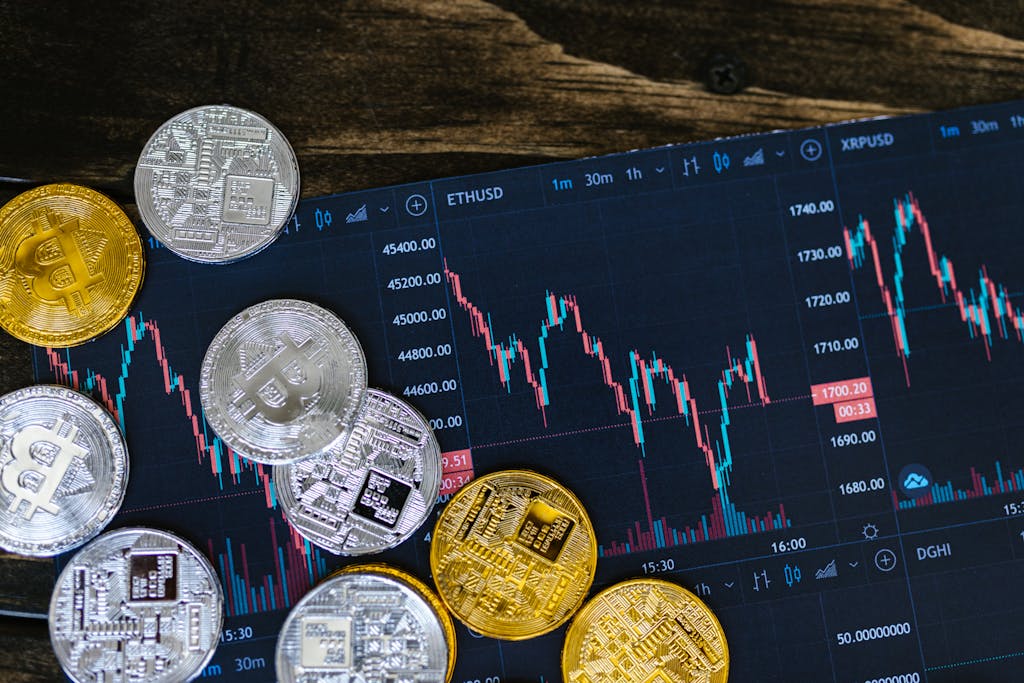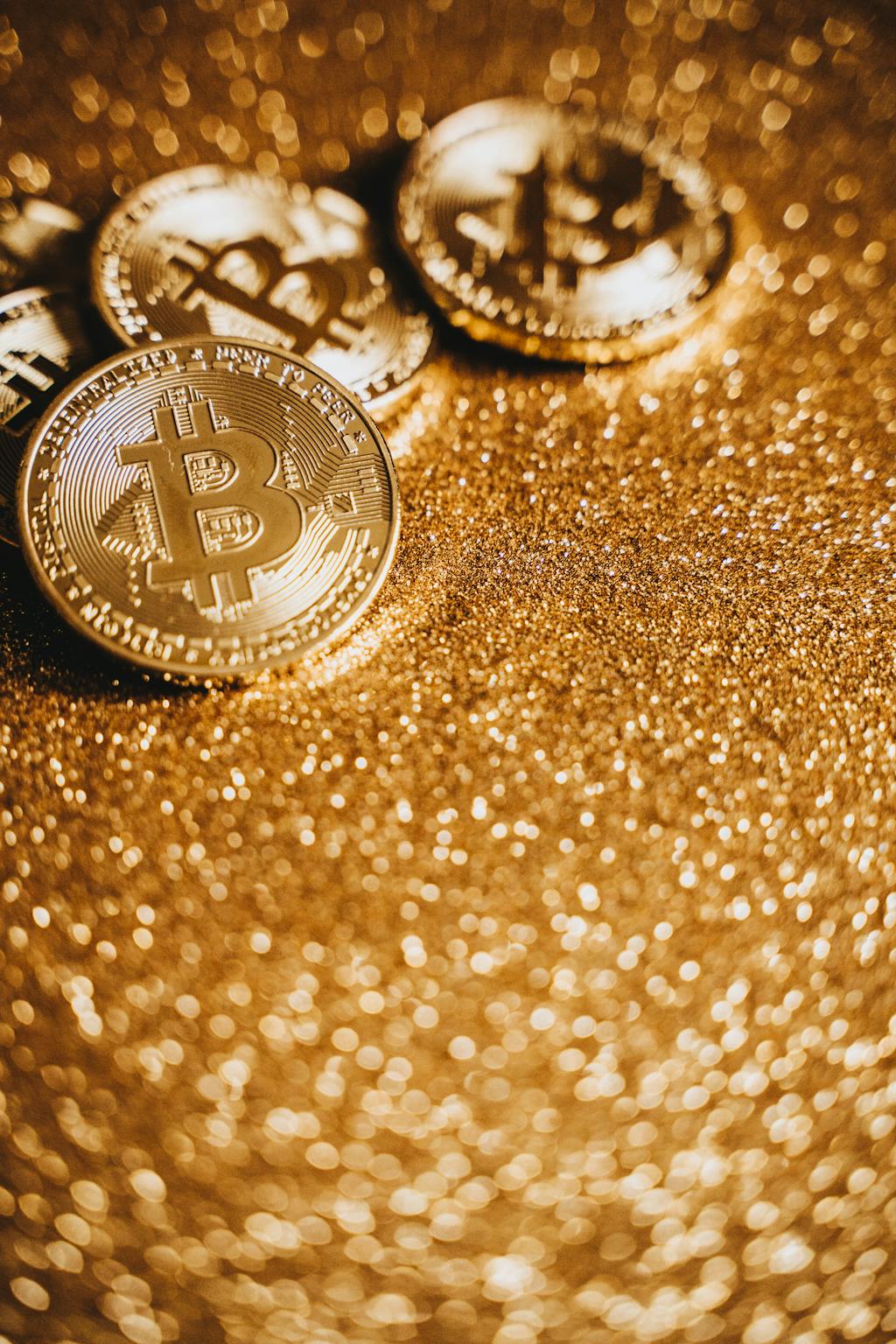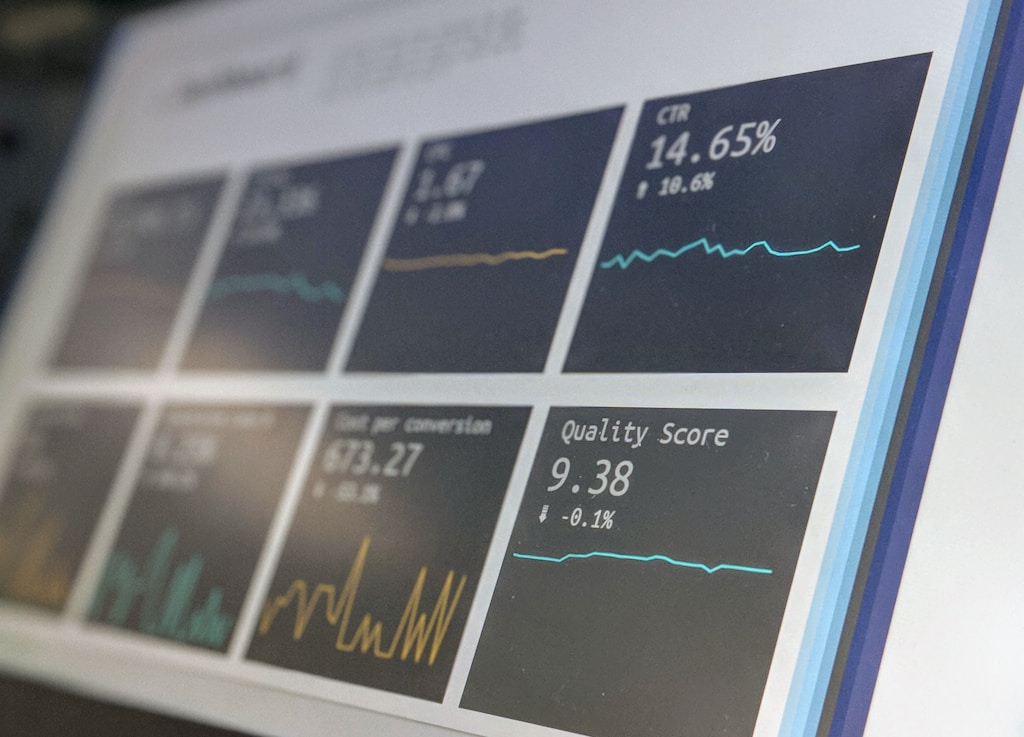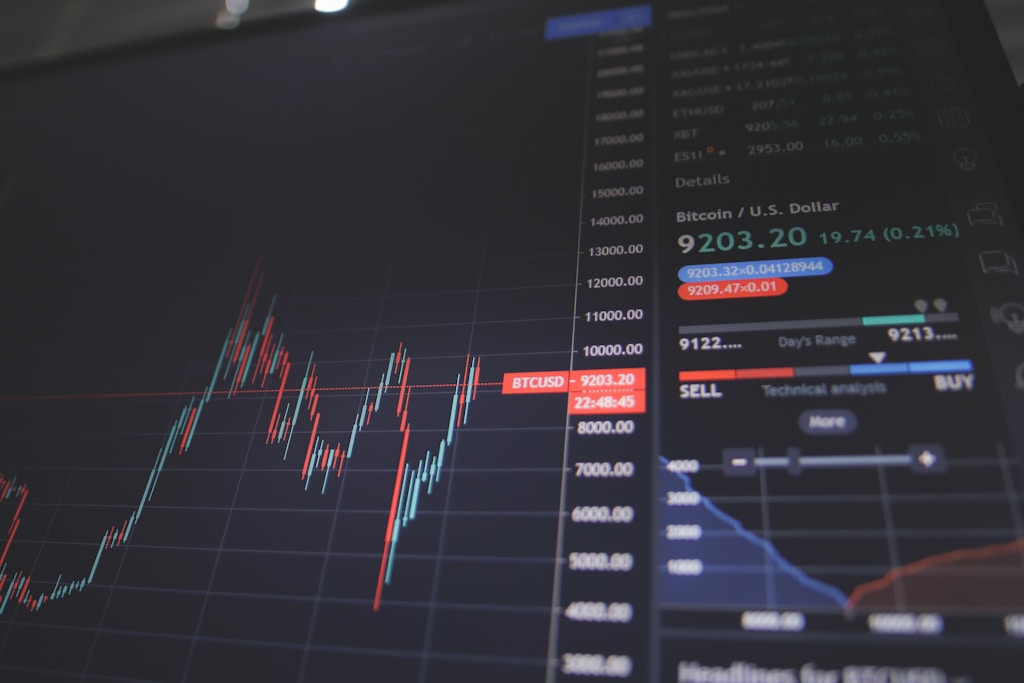In a landmark regulatory shift, the U.S. Treasury’s Office of Foreign Assets Control (OFAC) has officially lifted sanctions on Tornado Cash, the Ethereum-based cryptocurrency mixing service. However, security experts are raising red flags about persistent frontend vulnerabilities that could pose risks to users. This development comes as Ethereum’s network metrics show increasing strength, highlighting the complex landscape of DeFi privacy tools.
Key Takeaways from OFAC’s Decision
- Complete removal of Tornado Cash from sanctions list
- Recognition of privacy-preserving technology legitimacy
- Continued monitoring of platform usage patterns
- Enhanced focus on frontend security measures
Security Experts Sound Frontend Alarm
Despite the regulatory green light, cybersecurity professionals are urging extreme caution regarding Tornado Cash’s frontend interface. The primary concerns center around:
- Potential malicious code injection
- Smart contract interaction vulnerabilities
- User interface manipulation risks
- Transaction verification challenges
SPONSORED
Trade with confidence using advanced security features and up to 100x leverage
Impact on DeFi Privacy Landscape
The OFAC decision marks a significant shift in regulatory approach to privacy-preserving technologies in cryptocurrency. Industry experts suggest this could lead to:
- Increased development of privacy-focused protocols
- Enhanced regulatory clarity for similar services
- Greater emphasis on security auditing
- Evolution of compliance standards
Best Practices for Users
Security professionals recommend the following precautions:
- Use only verified smart contract addresses
- Implement multiple security checks before transactions
- Monitor official communication channels
- Consider alternative privacy solutions until frontend security improves
Frequently Asked Questions
Is Tornado Cash completely safe to use now?
While legally compliant, security experts advise caution due to frontend risks.
What alternatives exist for privacy-preserving transactions?
Several other protocols offer similar services with varying security features.
How can users verify frontend security?
Users should check official sources and conduct thorough security verifications.








